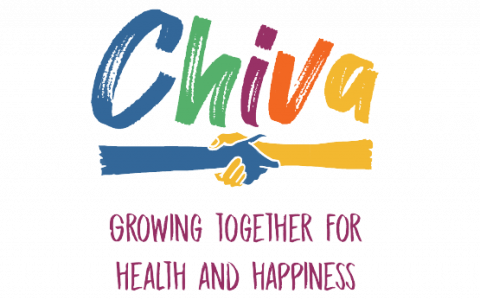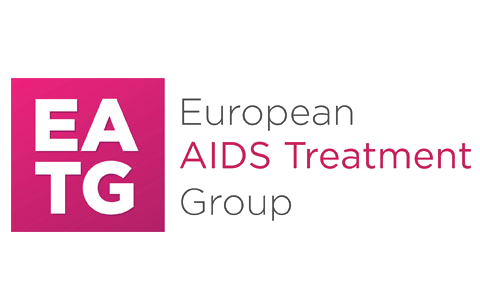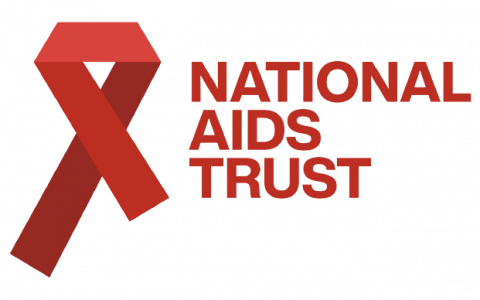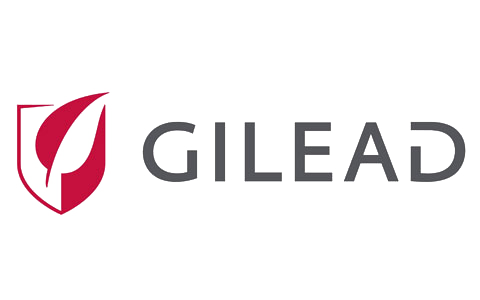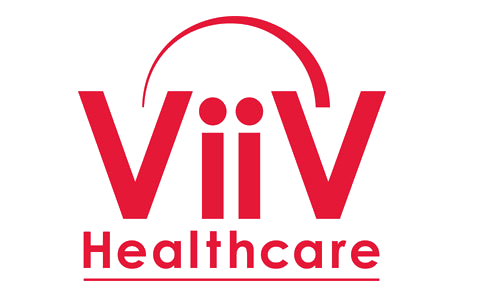Case Study
UK – Positive Voices Survey

Positive Voices survey is a national survey of people living with HIV conducted by the statutory public health body in the UK (UKHSA), ran between 2017-2022.
-
Context
There are more than 100,000 people living with HIV in the UK, the vast majority of whom are diagnosed and linked to specialist services. National surveillance systems collect information on the basic outcomes for people living with HIV, including viral load and CD4 cell count. However, metrics around the quality of life or experiences of people living with HIV are not included in routine data collection. There are also envisioned actions at the HIV Action Plan for England, to promote commitments to measure HIV-related stigma and quality of life.
-
Introduction
Positive Voices survey is a national survey of people living with HIV conducted by the statutory public health body in the UK (UKHSA). Participants are selected and asked to complete a comprehensive questionnaire covering a wide range of issues, including satisfaction with health care services, experiences of stigma and discrimination, co-morbidities and quality of life. The survey was first piloted in 2014 and has been run in full in 2017 and 2022.
-
Aims
The survey aims to collect population-level information from people living with HIV, which will provide valuable insights into the issues that most affect the health and lives of people living with HIV. The results of the survey are used to monitor and improve existing HIV services and policies and support the provision of new services.
-
Methods
A two-stage sampling design was used:
- A total of 178 HIV clinics in England, Wales, and Scotland reporting more than 5 patients were invited to take part.
- Among participating clinics, a random sample of patients was drawn from the most recent year of surveillance attendance data available prior to recruitment (2020), based on the clinic size.
Local clinic staff used the random sample list to identify patients to approach either in person, by phone (call or text message), email, or post. Participants were offered a choice of online and paper versions of the questionnaire to complete. The paper surveys were returned either in clinic or via a freepost envelope, which was included in the survey pack. As an incentive, all participants were offered an unconditional £5 high street voucher which they could redeem online.
A full description of the survey design and how the data were analysed can be found below:
-
Results
HIV Diagnosis and treatment
- Almost everyone in the survey (99%) were taking antiretroviral therapy and adherence to treatment was high.
- Most people reported that their last viral load result was undetectable.
Quality of life, health and wellbeing
- Overall, compared to the general population, people living with HIV continued to report lower scores for quality of life and life satisfaction.
- The largest difference was among people reporting anxiety or depression (48.1% of people living with HIV, compared to 33% of the general English population).
- Life satisfaction, health-related quality of life, and resilience outcomes for people who identified as trans, non-binary, or in another way were worse than for other people living with HIV.
Health service use and satisfaction
- People reported a high level of satisfaction with their HIV care service, and this was consistent across all demographic groups, with an average satisfaction rating of 9.4 out of 10.
- Satisfaction with primary care services was substantially lower (6.5/10) but the majority report sharing their HIV status with their primary care physician.
- Between 2017 and 2022 the use of HIV peer support services had decreased, from 16% to 10.3% in 2022.
Stigma and discrimination
- Only 1 in 8 (12.9%) people had shared their HIV status with most people in their lives and 1 in 10 (10.4%) had not told anybody other than healthcare staff.
- Almost half (45.1%) felt ashamed of their HIV status and 1 in 3 people (32.1%) reported low self-esteem due to their HIV status.
- 1 in 13 (7.2%) had avoided accessing healthcare services and 1 in 7 (13.7%) had worried about being treated differently to other patients by healthcare staff during the previous year.
Full results for the 2022 survey are available here:
-
Recommendations
The inequalities and issues raised by this survey are not only important to address to improve the lives of those with HIV, but also have an impact on the UK’s ambition to reduce HIV transmission by 2025. Stigma, anxiety, depression, and the stark inequalities experienced in health and other settings not only affects health and welfare of people with HIV, but also their ability to seek healthcare, engage in treatment and retention in care.
It is vital that the findings of this report are taken into consideration when addressing the target of ending transmission of HIV by 2030 through crucial elements, such as expanding testing and retention in care as monitored by the Monitoring and Evaluation Framework. It is also important to repeat this work to monitor change over time.


